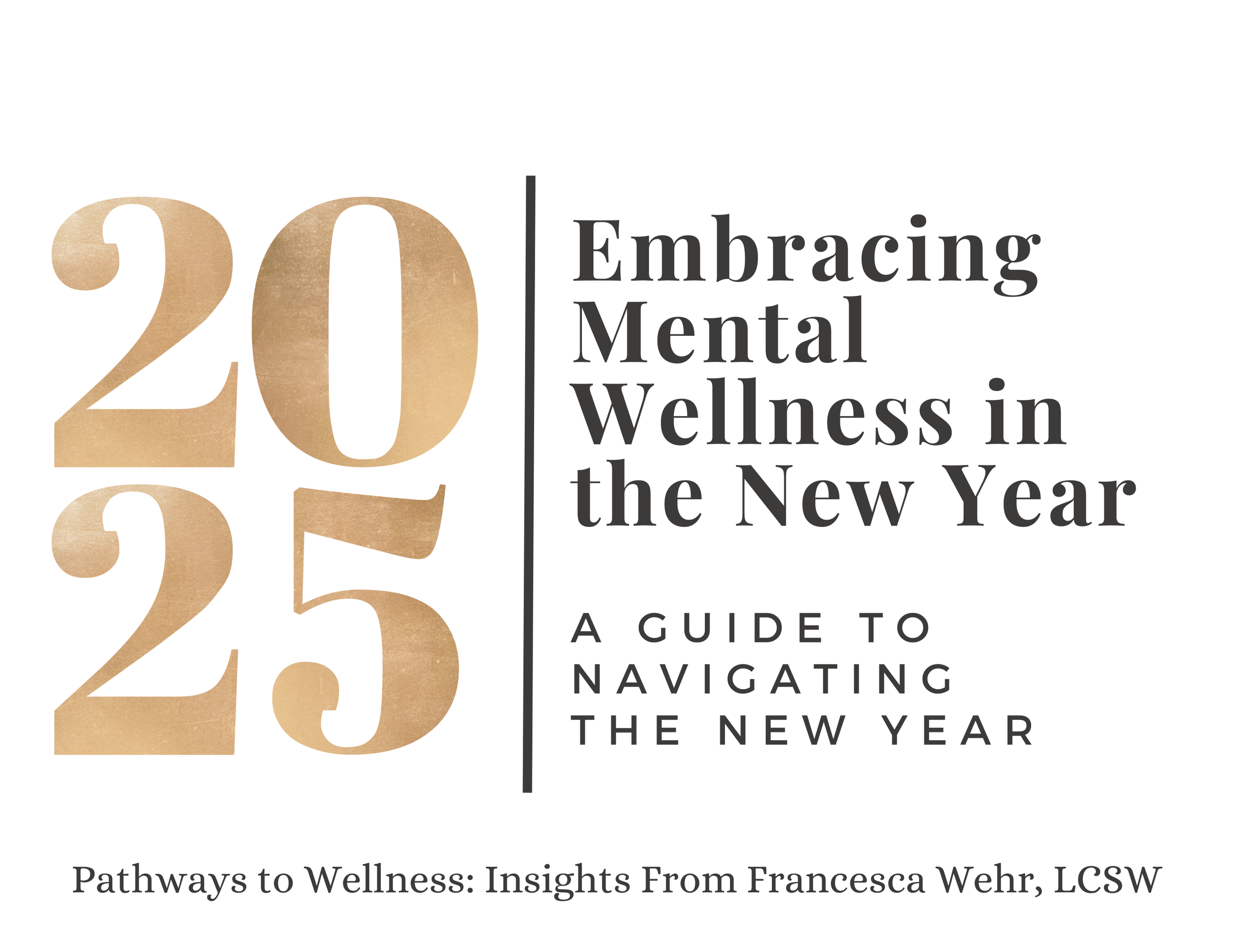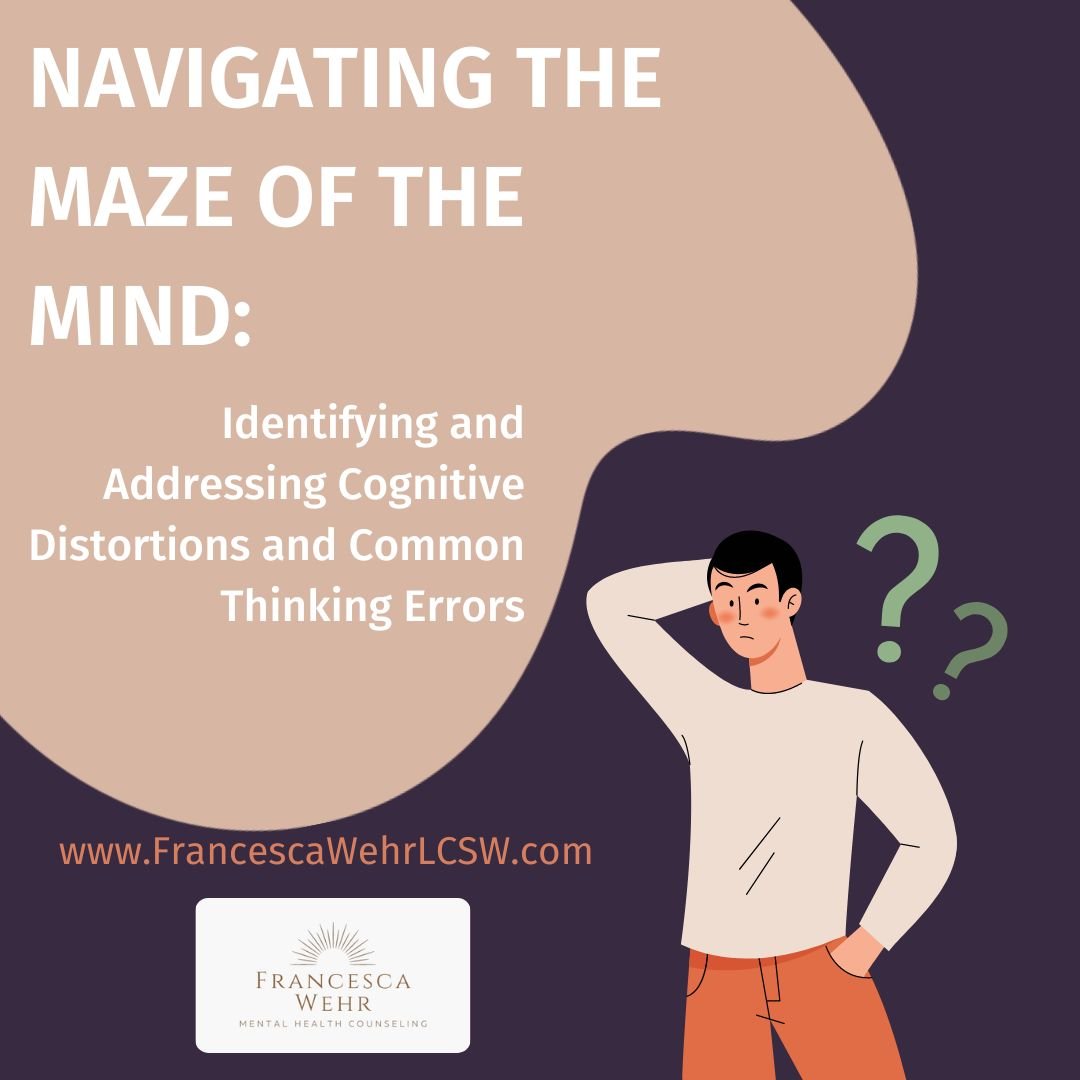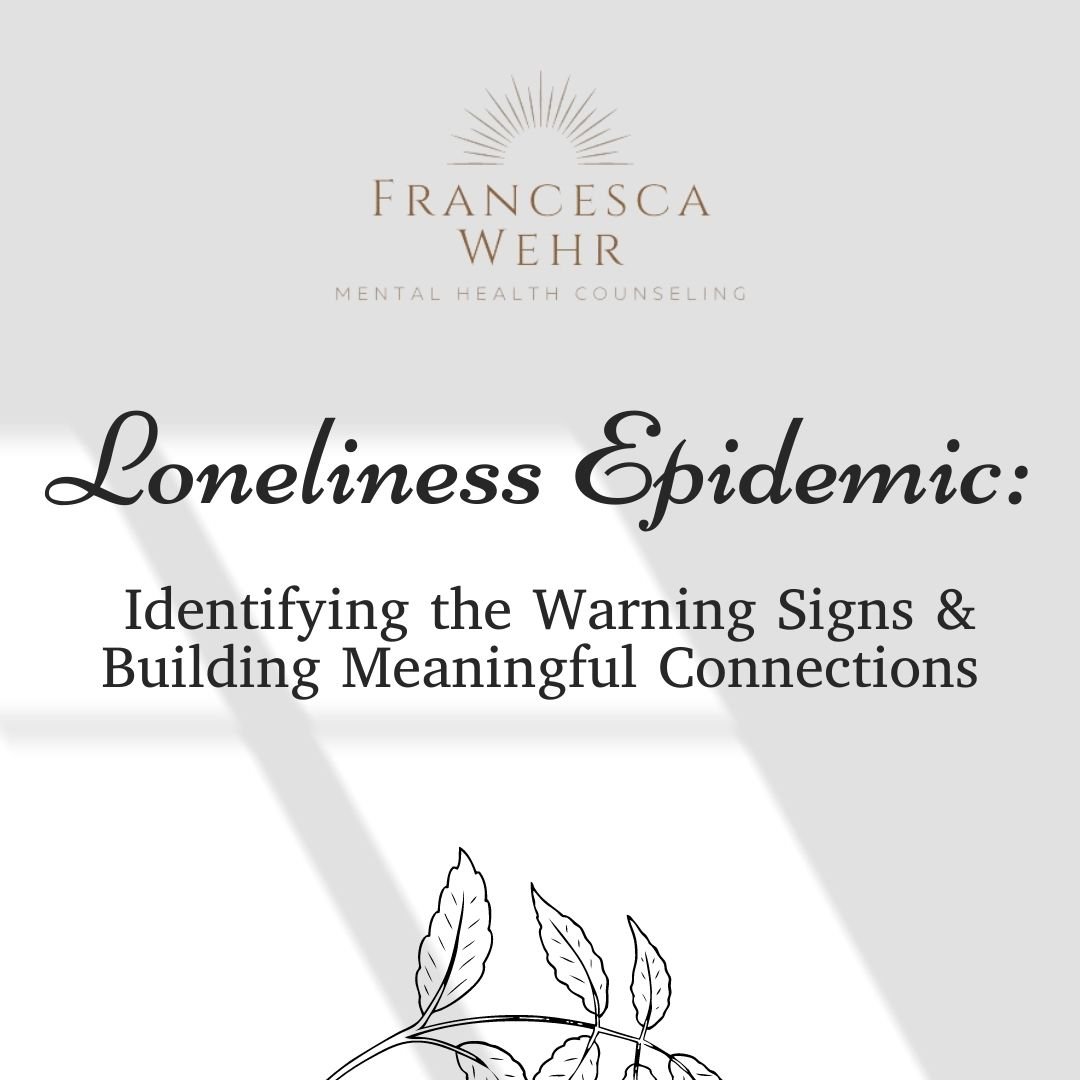
Internal Family Systems (IFS) Therapy: A Deep Dive into Healing Your Inner World
Internal Family Systems (IFS) therapy is an innovative approach to mental health that views the mind as made up of different parts, each with its own role and emotions. Whether you're dealing with trauma, anxiety, or self-doubt, IFS helps you identify and heal these parts, allowing your true, compassionate Self to emerge. In this post, we explore how IFS works, the types of parts it addresses, and how this transformative therapy can lead to lasting emotional well-being. Learn how IFS can help you develop self-compassion, reduce inner conflict, and foster personal healing.

Understanding Grief: The "Ball in a Box" Analogy and Its Impact on Mental Health
This post expands on my original blog about the “Ball in a Box” analogy by offering a deeper, client-informed perspective. While the original version explains how grief may shrink over time, this update explores an alternative truth many grievers relate to: the grief may stay the same size, but life grows around it. This nuanced reframing offers comfort, especially for those who feel protective of their grief or struggle with the idea of “moving on.”

How to Support a Loved One Struggling with Depression (Without Losing Yourself in the Process)
Watching someone you love struggle with depression can be overwhelming, but your support can make a significant impact. Depression goes beyond occasional sadness—it’s a mental health condition that affects a person’s mood, energy, and daily functioning. To help, start by educating yourself about depression, listen without judgment, and offer practical help with day-to-day tasks. Encourage them to seek professional treatment and, most importantly, be patient and compassionate. Recovery takes time, but your presence can provide the comfort and stability they need.

Unlocking the Healing Power of Music Therapy for Mental Health
Music isn’t just background noise—it can be a powerful tool for healing. Learn how music therapy supports mental health, eases anxiety, lifts depression, and helps people reconnect with themselves. Explore the science behind it and simple ways to use music in your own self-care.

Embracing Unconditional Positive Regard: The Heart of Therapeutic Rapport
On the Pathways to Wellness blog, Francesca Wehr, LCSW, discusses the transformative power of unconditional positive regard in therapy. Discover how this judgment-free approach builds trust, encourages self-acceptance, and strengthens the therapeutic relationship.

Embracing Mental Wellness in the New Year: A Guide to Navigating the New Year
As we welcome the New Year, Francesca Wehr, LCSW, shares insights on how to prioritize mental wellness. On the "Pathways to Wellness" blog, discover how to set compassionate intentions, practice self-care, and cultivate a positive mindset for a fresh start in 2025.

Thriving in the Digital Age: Leveraging Technology for Mental Wellness
In the digital age, technology offers both challenges and opportunities for mental wellness. This article explores how to mindfully integrate technology into your life to enhance mental health. From setting boundaries with screen time to utilizing telehealth services and mental health apps, learn how to navigate digital stressors while leveraging online tools for emotional well-being. Discover actionable strategies to balance connectivity and self-care in an increasingly digital world.

Understanding the Different Types of Therapy: A Comprehensive Guide to Finding the Right Approach
Navigating the world of therapy can be overwhelming, but understanding different therapeutic approaches is crucial for finding the best fit for your needs. From Cognitive Behavioral Therapy (CBT) to Dialectical Behavior Therapy (DBT) and psychodynamic therapy, this comprehensive guide breaks down popular modalities to help you make an informed decision on your mental health journey. Discover the unique benefits of each therapy type and learn how to choose the right path for your personal growth and healing.

Unearthing the Roots: Understanding Phobias and Their Origins
Phobias are more than just intense fears—they’re often life-altering anxieties rooted in trauma, genetics, and learned behaviors. On the Pathways to Wellness blog, Francesca Wehr, LCSW, delves into the origins of phobias and explores therapies like EMDR and CBT to help you overcome these fears and regain control of your life.

The Connection Between Mental Health and Physical Health: A Holistic Approach to Well-Being
The connection between mental health and physical health is often overlooked, yet it is crucial for overall well-being. A holistic approach to health acknowledges the intricate relationship between the mind and the body, recognizing that both aspects must be considered for optimal health. Pathways to Wellness: Insights from Francesca Wehr, LCSW Mental Health Counseling, and Connect H&W explores this connection and provides strategies for promoting a balanced, holistic approach to well-being. This collaboration highlights the benefits of integrating physical therapy, somatic breath work, and EMDR for comprehensive healing.

From Survival to Healing: Navigating Post-Traumatic Stress and Finding Resolution
The last part of the “From Surviving to Healing” Trauma series, this blog post navigates the complex journey from survival to healing. This requires more than just revisiting traumatic memories; it demands a reconnection to the present and a reclamation of one's sense of safety and self. For many trauma survivors, the past feels unsettlingly close, a series of vivid flashbacks and heightened states that blur the lines between then and now. The challenge is not merely to recount the trauma but to feel, deep in one's bones, that it has passed and that safety has been restored.
Healing involves a delicate balance of acknowledging the trauma while firmly rooting oneself in the present, employing strategies to calm the nervous system, and recognizing triggers without being overwhelmed by them. Techniques like mindfulness, somatic therapies, and EMDR offer pathways to process traumatic memories in a way that diminishes their power, allowing survivors to redefine their narratives on their own terms. This transformative process paves the way for a life where trauma informs but does not control, where past pain leads to present resilience, and where each survivor can truly say, "I am here, I am safe, and I am moving forward."

Understanding and Overcoming Compassion Fatigue: Strategies for Sustainable Care and Emotional Well-Being
Compassion fatigue, also known as secondary traumatic stress or caregiver burnout, is a condition characterized by emotional and physical exhaustion resulting from prolonged exposure to the suffering of others. It is common among individuals in caregiving professions, such as healthcare workers, therapists, and social workers, as well as those caring for loved ones. Pathways to Wellness: Insights from Francesca Wehr, LCSW Mental Health Counseling discusses the signs and symptoms of compassion fatigue and provides practical strategies for overcoming it and maintaining emotional well-being.

Navigating the Maze of the Mind: Identifying and Addressing Cognitive Distortions and Common Thinking Errors
Cognitive distortions are common thinking errors that can negatively impact mental health, leading to anxiety, depression, and low self-esteem. In this blog, we explore the most common cognitive distortions, such as all-or-nothing thinking and emotional reasoning, and provide actionable strategies to challenge and reframe these thoughts. By recognizing and addressing these distortions, you can develop healthier thought patterns and improve your emotional well-being.

The Link Between Creativity and Mental Health: Expressing Ourselves for Emotional Well-being
Creativity and mental health are intricately connected, with creative expression playing a vital role in fostering emotional well-being. Engaging in creative activities can help us process emotions, reduce stress, and develop a greater understanding of ourselves and our experiences. Francesca Wehr, LCSW Mental Health Counseling explores the link between creativity and mental health, discuss the benefits of creative expression, and provide tips for incorporating creativity into your daily life.

Loneliness Epidemic: Identifying the Warning Signs and Building Meaningful Connections
Loneliness is more than just being alone—it’s an emotional experience that can impact your mental health. On the Pathways to Wellness Blog, Francesca Wehr, LCSW, shares how to recognize the subtle signs of loneliness and offers heartfelt strategies to help you build genuine, meaningful connections in your life.

EMDR Therapy: A Powerful Tool for Healing and Personal Growth
EMDR Therapy: A Powerful Tool for Healing and Personal Growth




